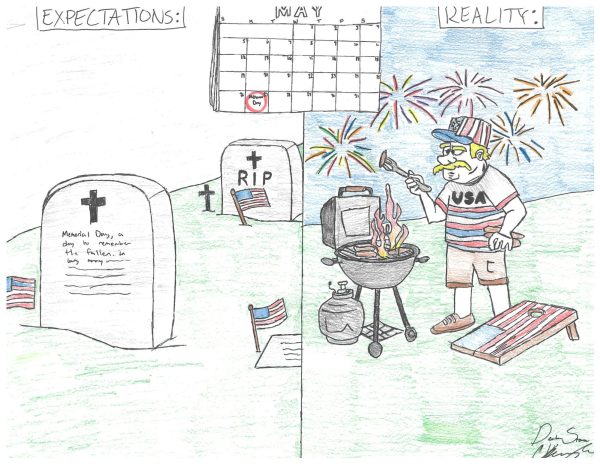Latin Is No Longer Just a Dead Language: It’s Now Becoming a Dead Program, too, and it’s WHPS Who’s Killed It
Latin is one of the most rewarding classes a student at Hall can take. It is academically diverse, with options for students at various levels of study. The classroom environment is largely collaborative, with a multitude of opportunities for student-led learning. The syllabus is impressive, though the course load is forgiving, allowing students to prioritize active learning and comprehension over numbers in PowerSchool.
I’ve taken Latin all four years of high school, concurrently with Spanish for three of those years. Not only did the class help with my other language, but also improved my writing in English and my capacity to understand complex vocabulary and roots in both my social and physical science classes. Furthermore, during my time taking Latin, I’ve been able to take several tests, including the National Latin Exam (NLE), Connecticut Latin Exam (CLE), Medusa Mythology Exam (MME), and the National Classical Etymology Exam (NCEE).
While you may be wondering how nerdy someone has to be to consider taking exams as an exciting privilege, these assessments are unique. While they won’t impact your regular class grade, they afford the opportunity to earn several impressive awards, ranging from certificates to medals, all of which can be put on resumes and recognized by higher learning institutions. Preparing for these exams is a long-term, group effort. From daily Kahoots to grade-boosting mini quizzes in the months leading up to each exam, test-prepping has become ingrained in the Latin curriculum. It is neither stressful nor difficult to study for these tests. Many Latin students end up looking forward to taking the exams: to the pride in having surpassed one’s testing goal, and to the awards ceremony breakfast that occurs in the spring.
Unfortunately, this school year is the last year in which Latin students will be able to experience this. Budget cuts to the Latin program will prevent future Latin students from taking these exams, receiving recognition, and attending an awards ceremony. For a subject so often overlooked by the more prominent language choices — Chinese, Spanish, and French — this is yet another blow to an underappreciated program, and another example of the district’s lack of respect for its hard working staff and students.
By no means does this alteration to the Latin program mean the class is any less enriching; nor should it deter any prospective student from signing up. It is simply a reminder of the opportunities we so often take for granted, that can so easily be taken away from us. It is a call to value Hall’s language programs more, and to raise our voices when we see these disciplines minimized.





